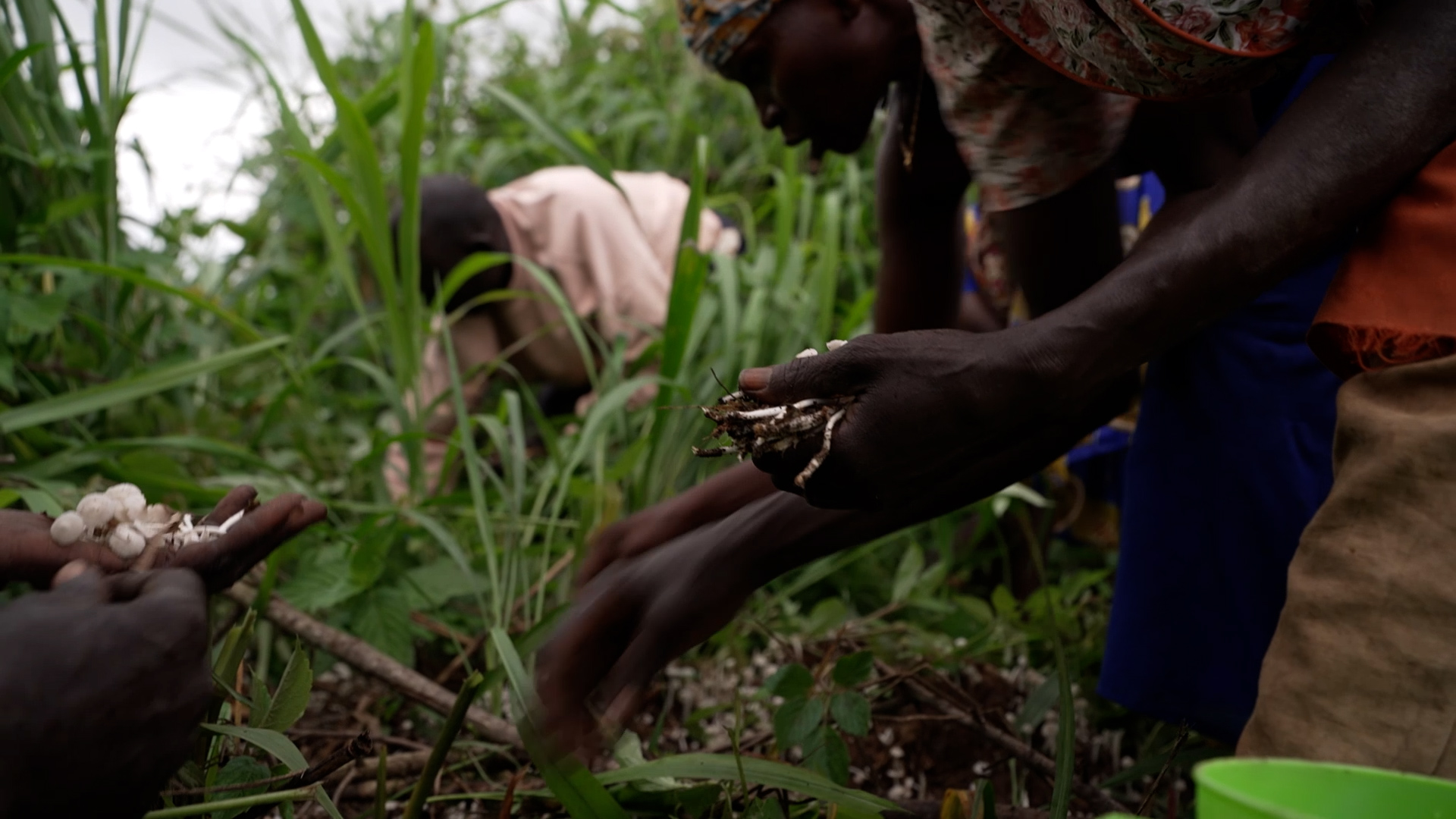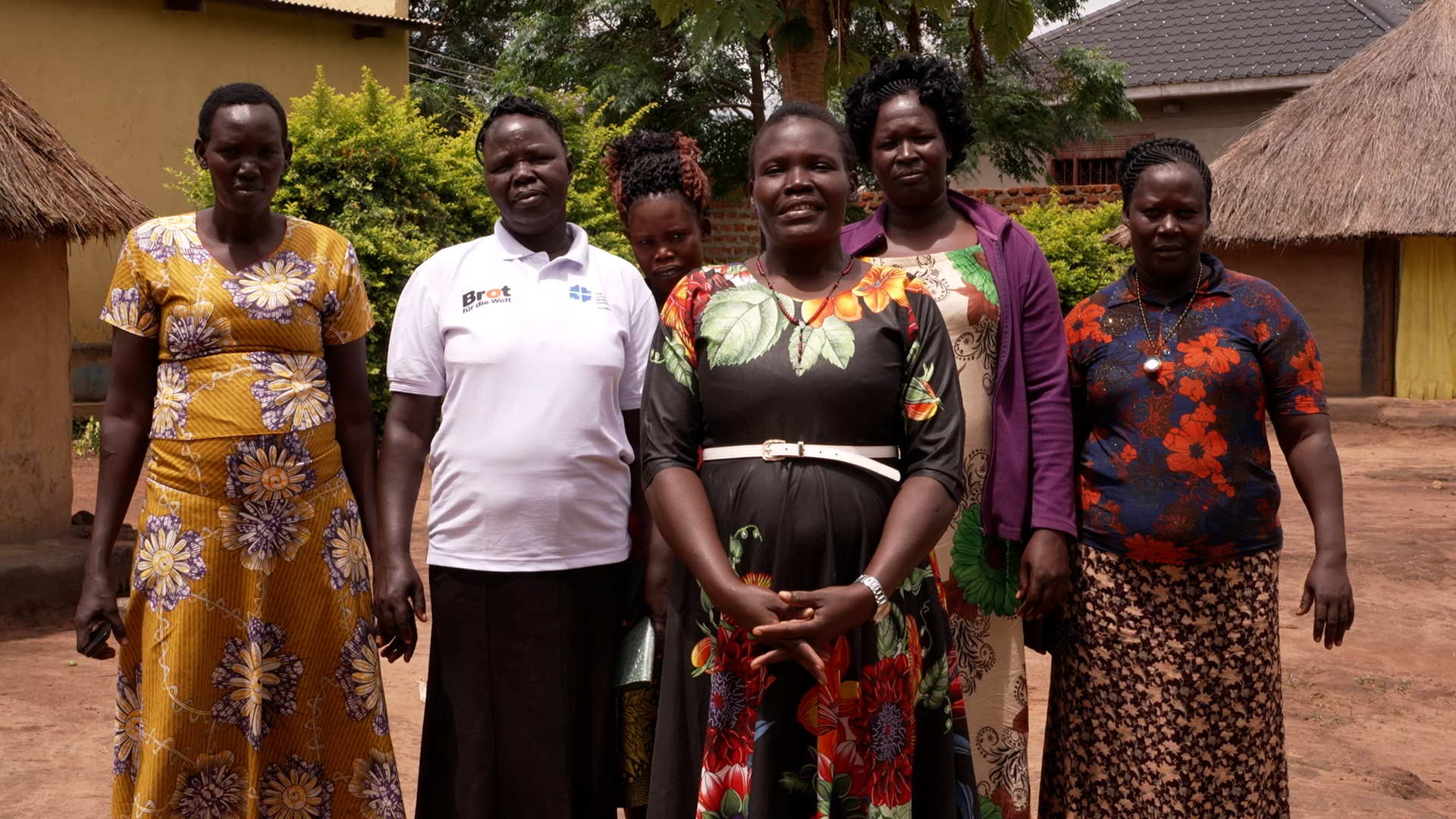Months into ceasefire, Yemeni displaced await stability to return home
Months into ceasefire, Yemeni displaced await stability to return home

AMRAN, Yemen, October 7 (UNHCR) - Eleven-year-old Nabat plays with her sister in the northern Yemeni town of Amran, which has been her home since she and her family fled fighting in Sa'ada province almost a year ago.
UNHCR plastic sheeting lies in one corner of their tidy but spartan house-cum-playground, World Food Programme sacks in the doorway - evidence of the family's continuing reliance on international aid to supplement their dwindling savings while they wait to go back to their home in the district of Razeh.
Although government troops and Al Houthi militia forces forged a ceasefire in February, it's still not safe enough for them and tens of thousands of other displaced Yemenis to return to Sa'ada.
UNHCR estimates that only about a third of the more than 300,000 internally displaced people in the north have gone back since February. Some of these people fled their homes in 2004, when the conflict erupted in Sa'ada province, but more than 150,000 left after the fighting flared up in August last year.
People like Awad, Nabat's father, would like to go home but are concerned about insecurity, continuing clashes, landmines and a lack of shelter in villages where many houses were destroyed or damaged. Many of the forcibly displaced believe all-out conflict will return.
"We want to go back, but we have to be sure that things are safe there. We won't go until it is completely safe," Awad told UNHCR visitors. "Nabat is afraid. When I started talking with my wife about going back home, Nabat had strong stomach pains," he added.
But the longer that families stay away, the harder their situation becomes. Awad ran a spare parts shop in Razeh, but he has almost exhausted his savings in Amran.
"I had to ask my wife and sister to sell their jewellery. I even sold the earrings that belonged to my youngest daughter, Abeer, so that we could get a bit more money," he said, adding that he found it difficult to find work locally. "In two months, maybe three, I will have no more money to support them."
Awad fled to Amran late last year when Sa'ada's Razeh region, which is located near the border with Saudi Arabia, came under attack. "I was playing in the streets when the planes came," recalled Nabat, nervously playing with her hair. "When I heard the sound of the rockets, I ran back home," the young girl added.
"We could hear the fighting every day; Nabat was scared," Awad said, while his daughter whispered: "I was crying . . . I heard people around talking about dead people. I just wanted to leave."
Awad decided to escape to neighbouring Amran province. He paid a neighbour the equivalent of about US$230, or more than two months salary for most Yemenis, to take the family south in his truck.
For the time being, Nabat and her siblings and young cousins are happy in Amran, where they can go to school and live in safety. "I can play with my friends and do what I want. I don't hear the planes," she said.
But the longer they wait, the harder life will become. UNHCR, along with other humanitarian organizations, has worked with all parties to guarantee safety for returnees and access to conflict-affected areas.
"If it's safe we will go back directly, we won't think twice," reiterated Awad, whose brother remained in Razeh to look after their business.
By Marie Marullaz in Amran, Yemen









